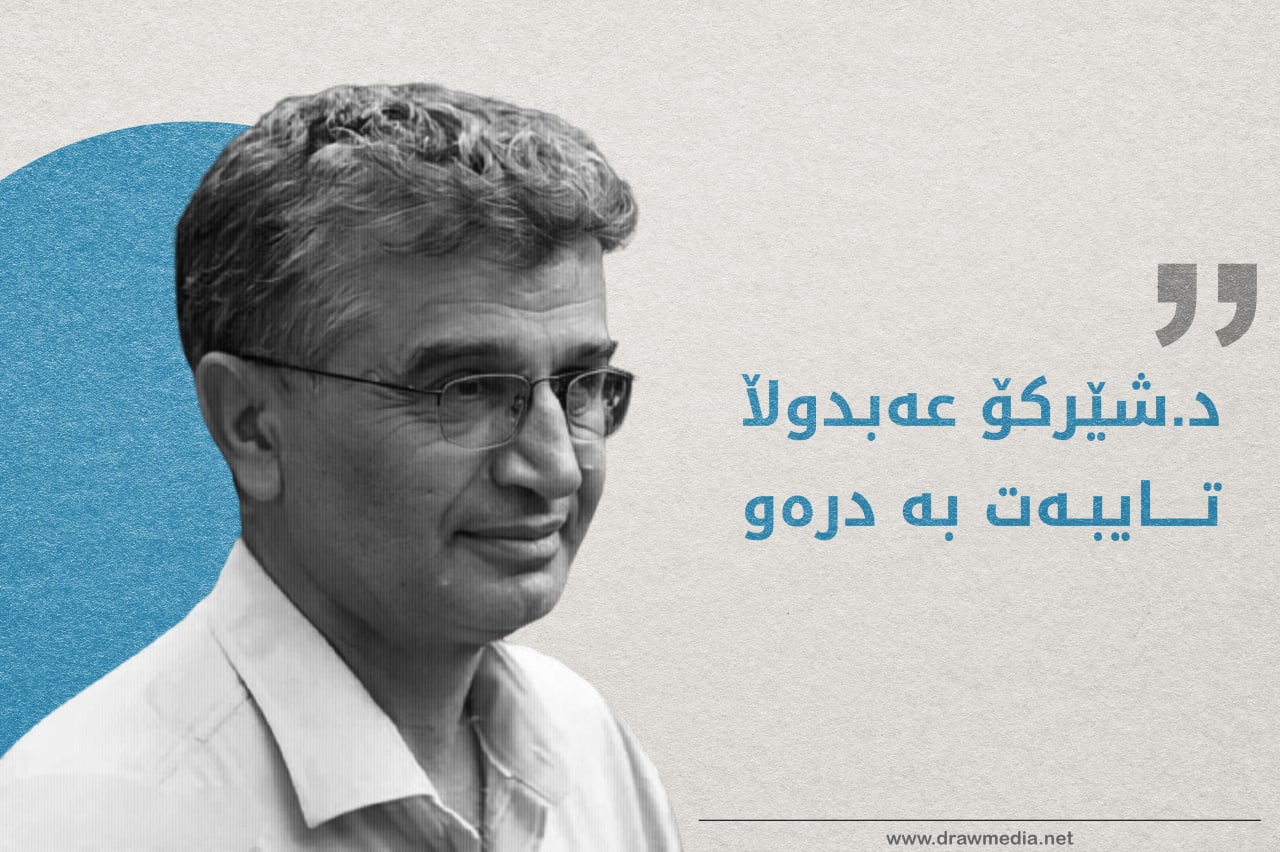Kurds to push for federal system in post-Assad Syria
.jpg)
2025-04-12 00:24:45
Syrian Kurdish groups are preparing to push for a federal system that would grant them autonomy, despite opposition from interim president Ahmad al-Sharaa, a senior Kurdish official told Reuters.
Kurdish sources said rival factions reached consensus last month on a unified political vision, including support for a federal governance model—though it has not been officially announced.
Momentum for a federal system has grown amid rising concerns among Syria’s minorities, particularly after last month’s mass killings of Alawites.
Kurdish groups accuse al-Sharaa and Islamist factions leading the interim government of consolidating power and steering Syria in the wrong direction. Kurdish-led groups currently control nearly a quarter of Syrian territory.
In March, the US-backed Syrian Democratic Forces (SDF) reached an agreement with Damascus to integrate Kurdish governing bodies and security forces into central structures.
“All Kurdish political forces in Syria have agreed on a common political vision regarding governance, the identity of the Syrian state, and Kurdish rights,” said Badran Jia Kurd, a senior official in the Kurdish self-administration.
“They affirmed the need for a federal, parliamentary, pluralistic, and democratic system.” It marks the first time a senior Kurdish official has publicly confirmed support for federalism since the consensus was reached.
Until now, Kurdish authorities had emphasized decentralization rather than explicitly calling for a federal system. They maintain that the goal is autonomy within Syria, not independence.
Al-Sharaa has rejected federalism, telling The Economist in January that it lacks popular support and would harm Syria’s unity. “The reality of Syrian society and its geography shows the need to preserve each region’s administrative, political, and cultural identity,” Jia Kurd said.
He added this would require regional legislative councils, executive bodies for local governance, and internal security forces, all anchored in the constitution.
Neighboring Turkiye opposes the move. It considers the main Syrian Kurdish party, the Democratic Union Party (PYD), a security threat due to its ties to the outlawed Kurdistan Workers’ Party (PKK), which has led a decades-long insurgency in Turkiye.
The Kurdish National Council (KNC), backed by Iraq’s Barzani-led Kurdistan Democratic Party (KDP), also joined last month’s talks. KNC leader Suleiman Oso said the joint Kurdish vision will be presented formally at a conference later in April.
He noted that developments since Bashar al-Assad’s ouster in December have strengthened support for federalism—particularly following reported violations against Alawites in Syria’s coastal regions and growing resistance among the Druze community in Suwayda.
A recent constitutional declaration by the interim government gave sweeping powers to al-Sharaa, named Islamic law as the main legislative source, and established Arabic as the sole official language—without reference to Kurdish. “We believe federalism is the best solution to preserve Syria’s unity,” Oso said. “Syria is home to many ethnicities, religions, and sects. When we go to Damascus, we will clearly present our vision and demands to the interim government.”







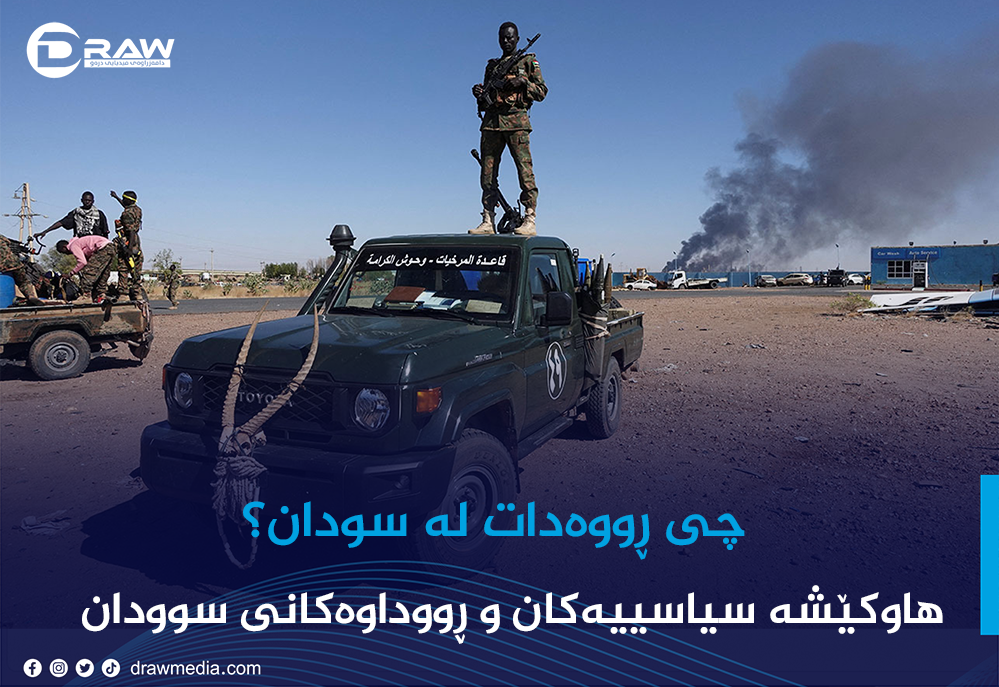


.png)
.png)
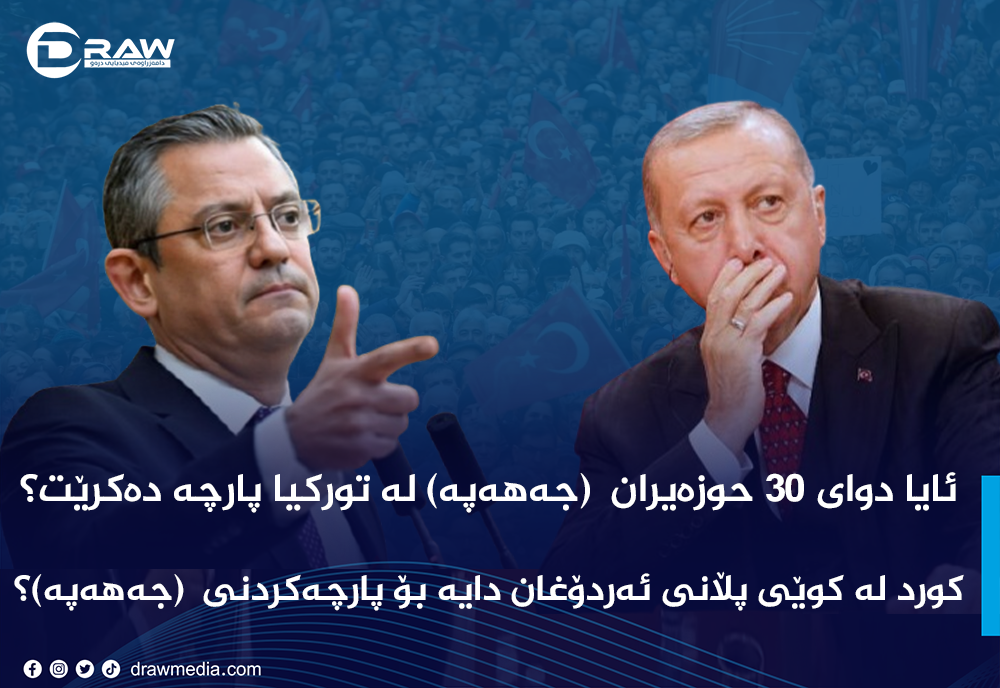


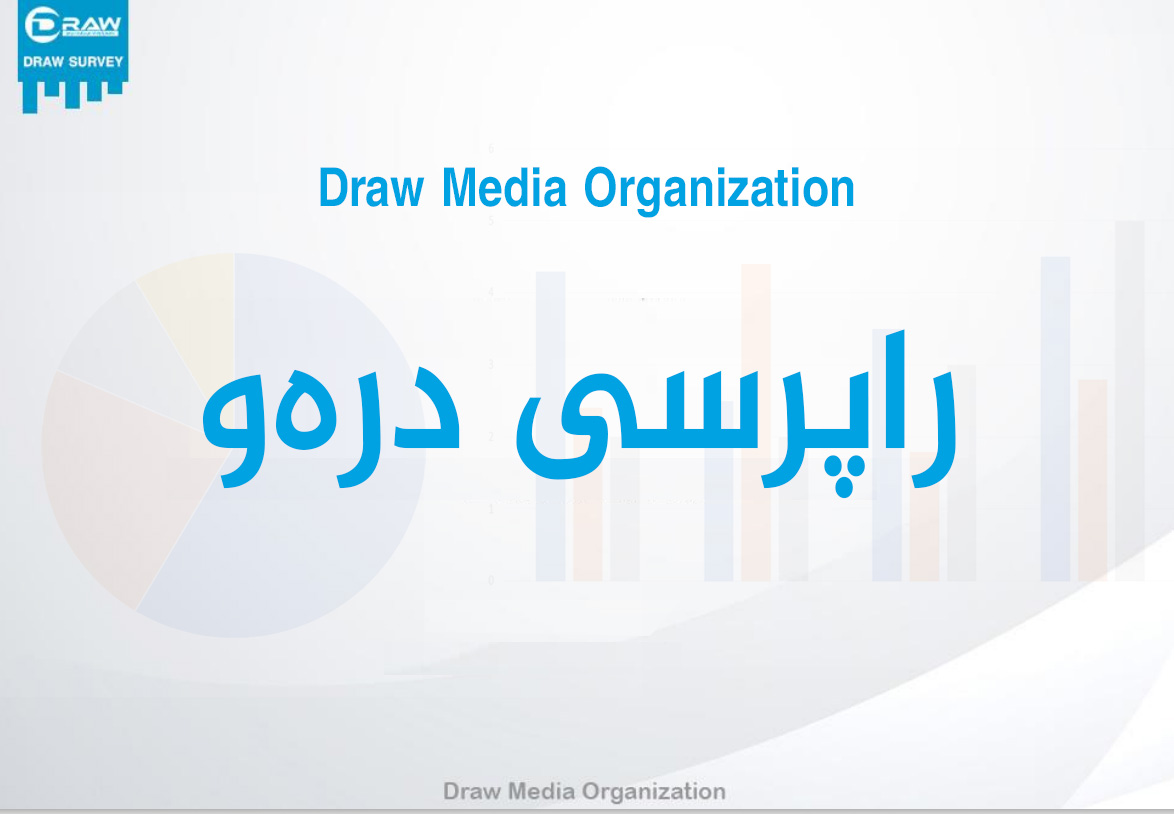

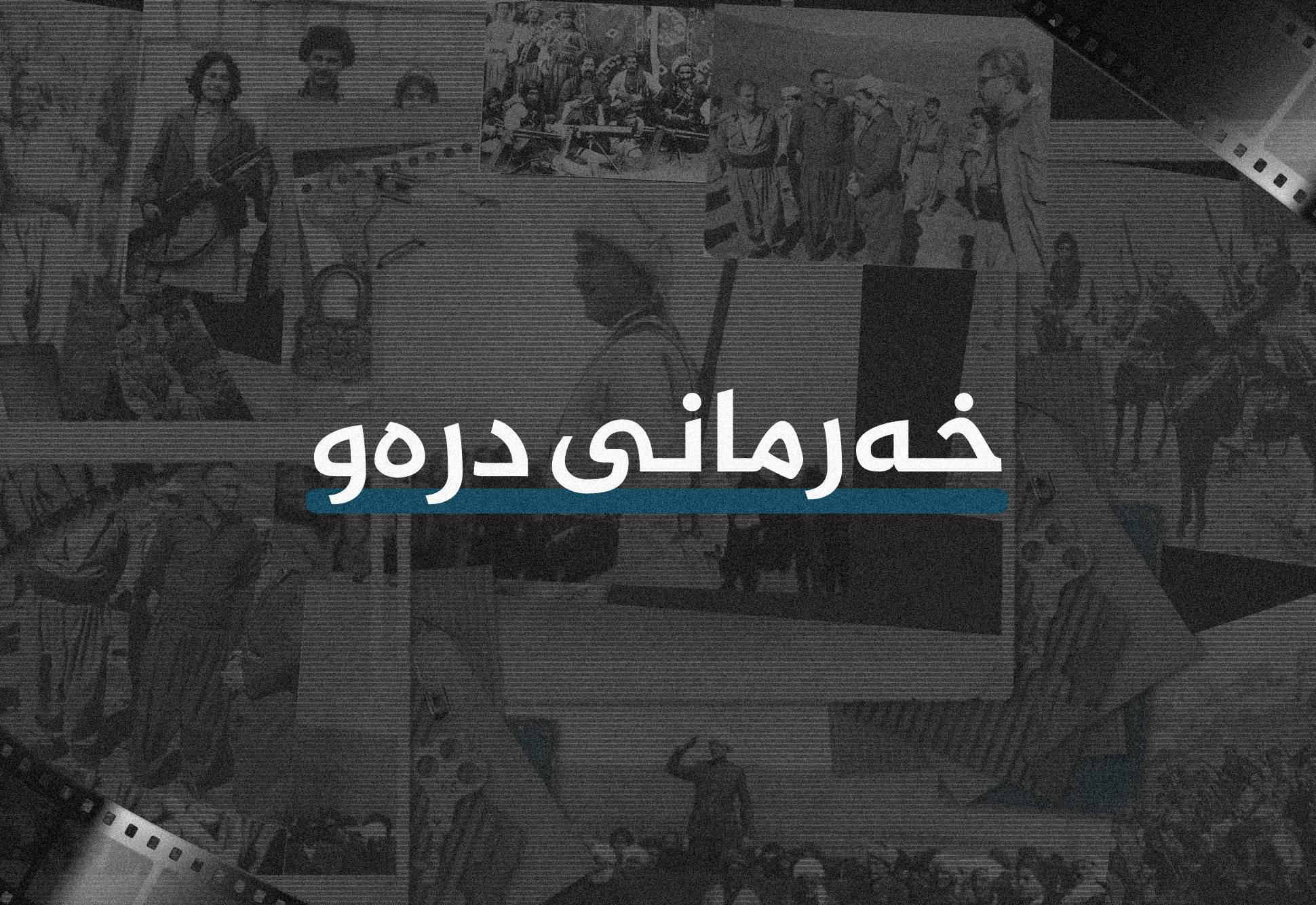
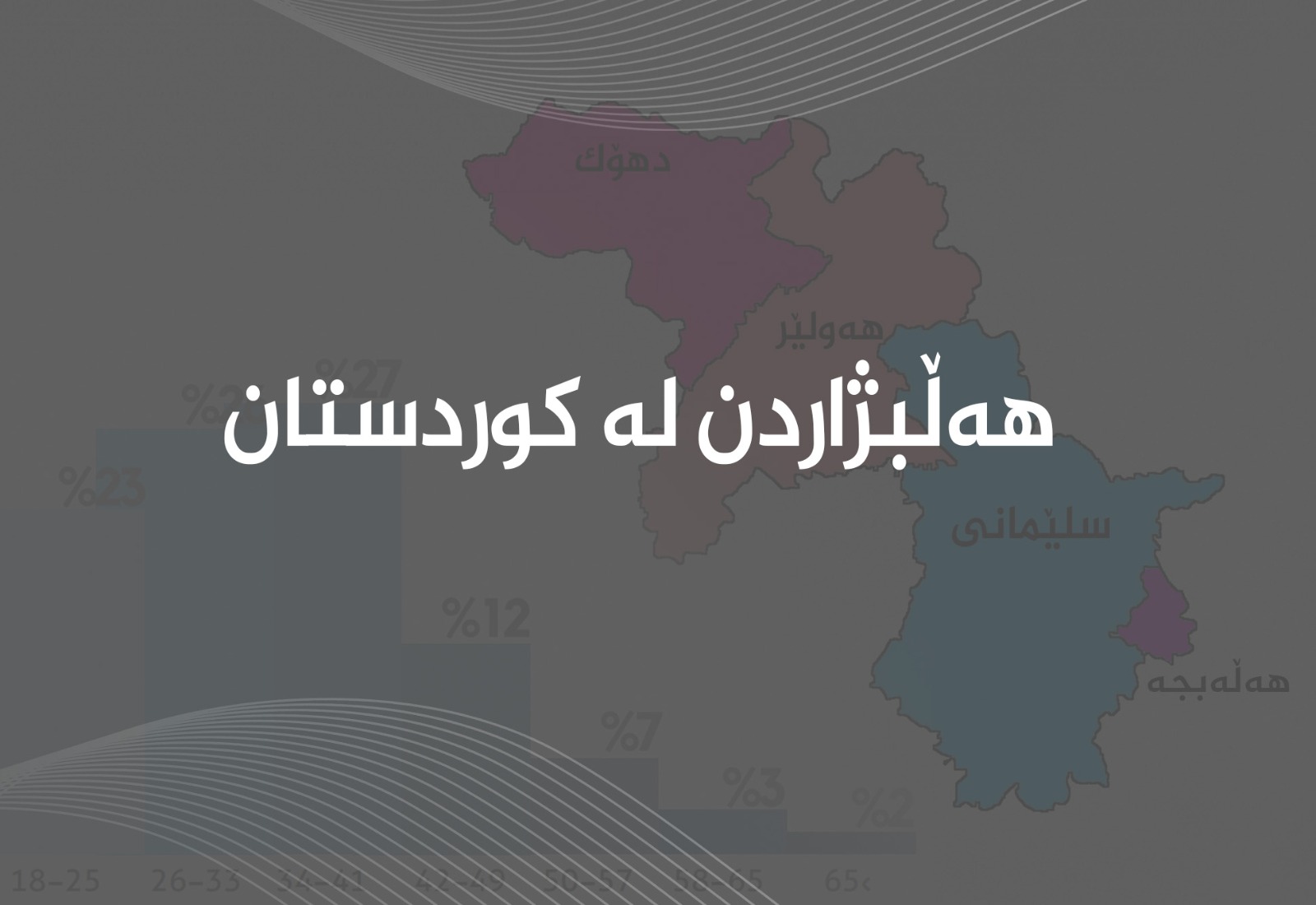
.png)
.png)
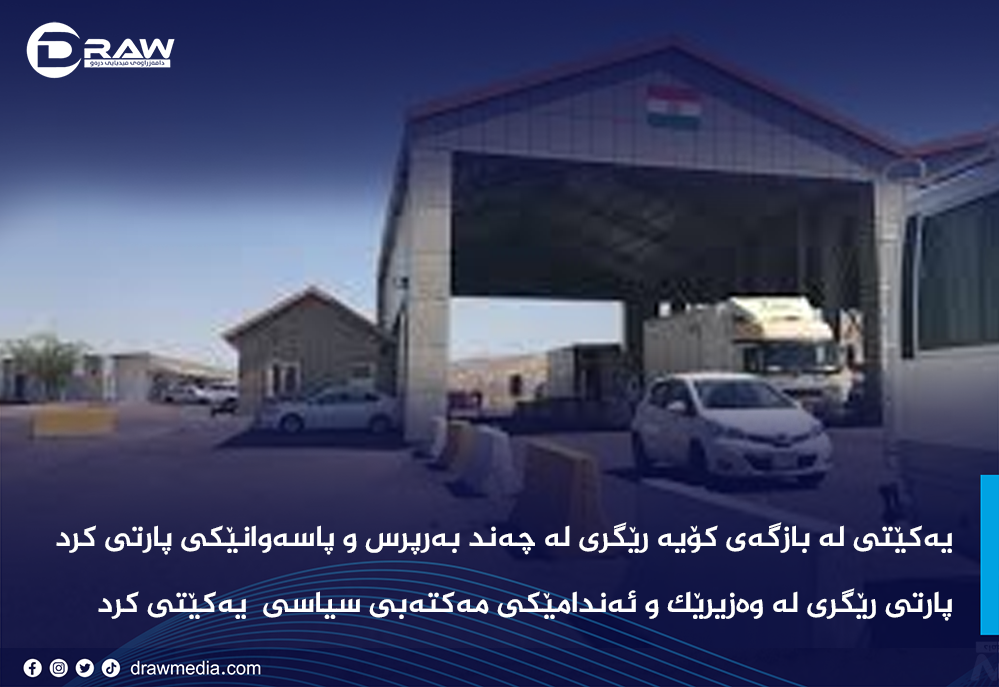
.png)
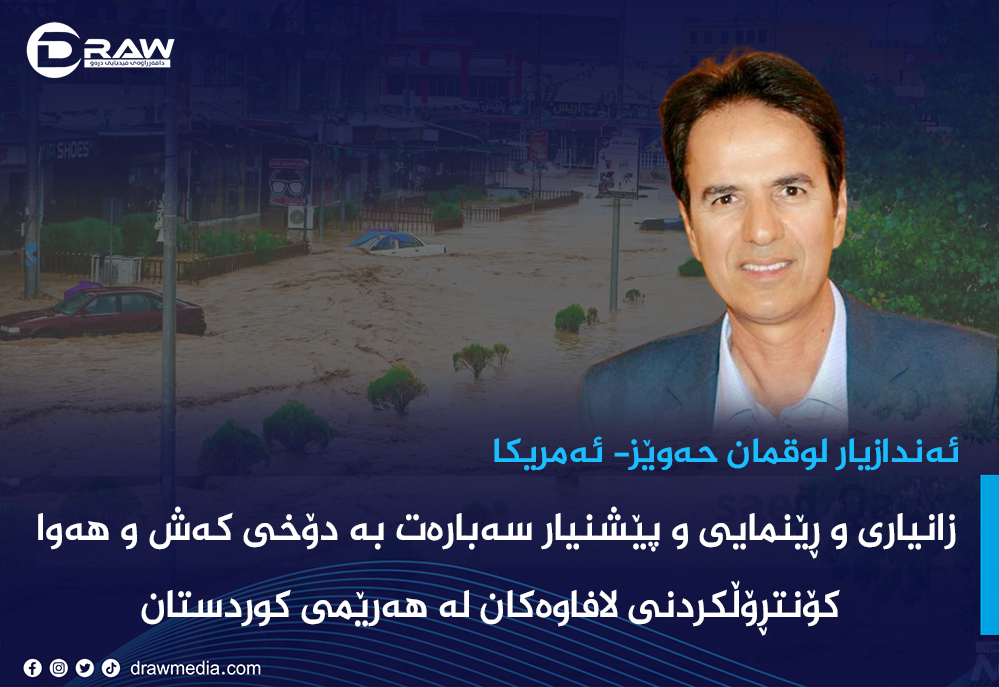
.png)
.png)
